Citroën introduces ë-Jumpy Hydrogen van
Green Car Congress
JUNE 4, 2021
Citroën is supplementing its range of electric LCVs with hydrogen technology to meet the needs of the 8% of companies required to make journeys of more than 300 km (186 miles) or lacking the time to recharge their vehicle during the day. It can also be charged using a cable at electric-vehicle charging stations.

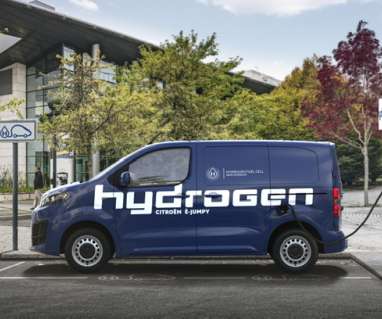

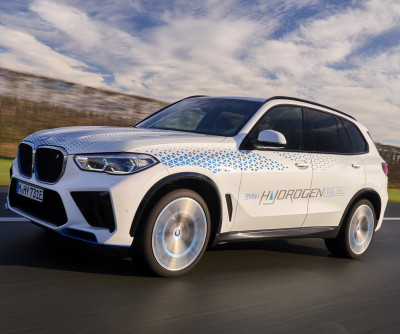
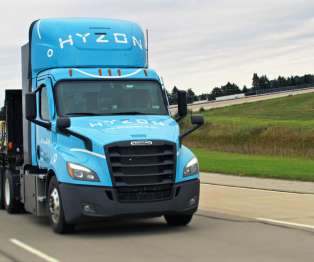
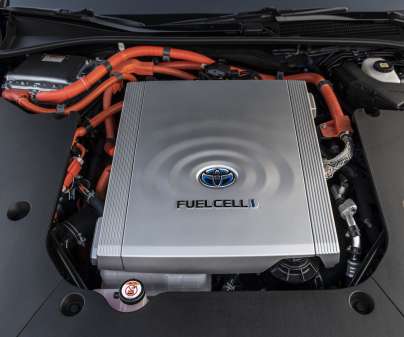















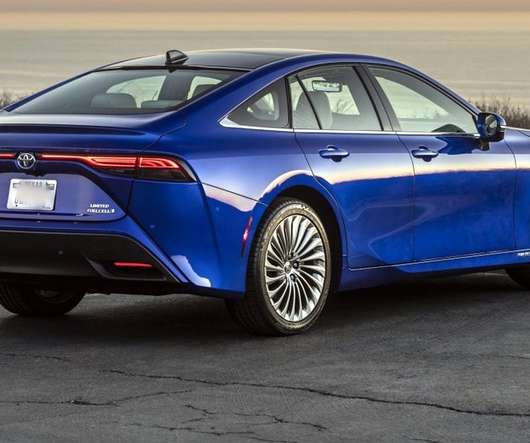







Let's personalize your content